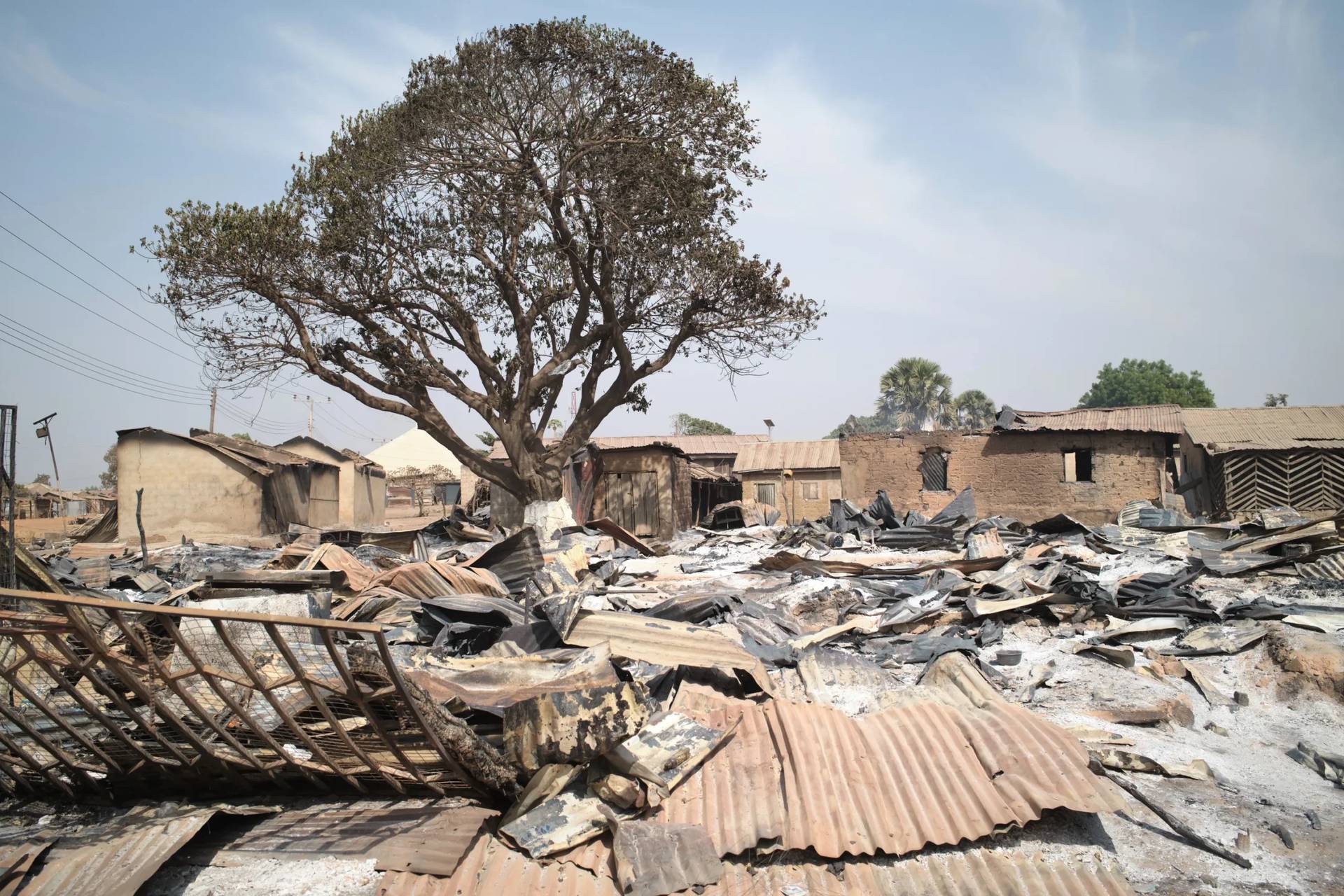YAOUNDÉ, Cameroon – Catholic bishops in Togo have warned of possible political upheaval following last year’s constitutional amendment that could see President Faure Essozimna Gnassingbé hold office for life, thereby extending his family’s 57-year-old dynastic rule over the impoverished West African nation.
The revised Constitution, adopted on April 19, 2024, by the National Assembly denies citizens the right to vote for their ruler through universal suffrage.
Instead, it makes for a new but powerful position of the President of the Council of Ministers who will be elected by the National Assembly on a six-year mandate, renewable.
The individual, who should be from the majority party in parliament or from a coalition of parties if there is no outright majority party, will effectively act as Prime Minister, overseeing the day-to-day operations of the government.
It means that if the ruling party retains the majority in parliament, the mandate of the individual could become indefinite. This eliminates the limit of two 5-year presidential terms contained in the 2019 Constitution that was adopted after widespread protests.
The new constitution retains a figurehead president who is subject to a 4-year mandate renewable once.
Gnassingbé’s party, the Union for the Republic (UNIR), won a huge majority in last year’s parliamentary election, taking 108 out of 113 seats in the National Assembly.
“Our party remains at the forefront of reforms, be they political, economic or social,” said Atcholi Aklesso, Executive Secretary of UNIR, in an interview with Crux.
However, Professor David Dosseh, spokesperson of Togo Debout – which brings together a broad range of civil society groups – countered this view.
“Politically, we have a dictatorship which doesn’t respect the constitution,” he said.
Catholic bishops in Togo have weighed into the debate, warning that the revised Constitution, done without consulting the population through a referendum as provided by law, effectively erodes the gains of democracy Togo has made, and could potentially spark political violence in the country.
About half of Togo is Christian, with the majority of Christians being Catholic. About 20 percent are Muslim, with the rest belonging to Indigenous faiths.
The Catholic bishops questioned the process that led to the revision of the constitution and recalled that in March 2024, they “drew the attention of the Togolese authorities to the question of whether it was appropriate to change the Constitution of our country without genuine consultation of the sovereign people.”
“In a spirit of responsibility and peace, we called on the Head of State to refrain from promulgating the new Constitution adopted by the National Assembly at the end of its mandate. However, these appeals were not heeded,” the bishops said in a statement.
They complained that the change of the constitution, “without real national dialogue, has created misunderstandings and poses serious risk to Togo’s social cohesion and stability.”
“A nation cannot be sustainably built on enforced silence, cultivated fear, contempt for its people’s voice, or a stubborn attempt to make citizens believe in a false reality,” the bishops stated.
They warned that the country was dancing on the precipice, saying that the silence over the people’s concerns was a dangerous game.
“Silenced fears and frustrations turn into desperate actions, and unspoken anger becomes unpredictable explosions,” the bishops said.
In an interview with La Croix, the head of the Catholic Church in Togo, Bishop Benoît Alowonou of Kpalimé, called on the authorities to listen to the people, warning the consequences of not listening were unpredictable.
“No one can predict the consequences…. Everyone can already see how this hasty and unexplained decision has sparked anger and concern, adding to the feeling that the people are neither listened to nor respected in their right to participate in decisions that affect their future,” he said.
The bishop warned the authorities to not take the silence of the people for resignation, and called for a return to reason, wisdom, and listening to citizens.
“It’s also a chance to give full meaning to inclusive dialogue and consultation. Let every citizen, from the most humble to the highest; be heard in exercising their right to an opinion. Another priority: to restore mutual trust. It is no secret that in the political arena, Togolese no longer trust their compatriots, the institutions, or even, I might say, their deputies,” Alowonou said.
The Togo bishops in their collective statement urged Togolese citizens to “work together to preserve the unity, peace, and future of our country.”
They called on Catholics to “intensify prayers for justice, peace, dignity, and respect for the rights of all citizens.”
Faure Gnassingbé has been President of Togo since 2005. He succeeded his father, Gnassingbé Eyadéma, who had governed the country following a 1967 coup until his death in 2005. The revised constitution could extend Faure Gnassingbe’s presidency until 2031 – and even beyond.
It’s a prospect the opposition leader; Brigitte Kafui Adjamagbo-Johnson of the Democratic Convention of African Peoples doesn’t want to hear.
“Our struggle will not end until we have reforms that can lead to an alternation of power,” she told Crux.












